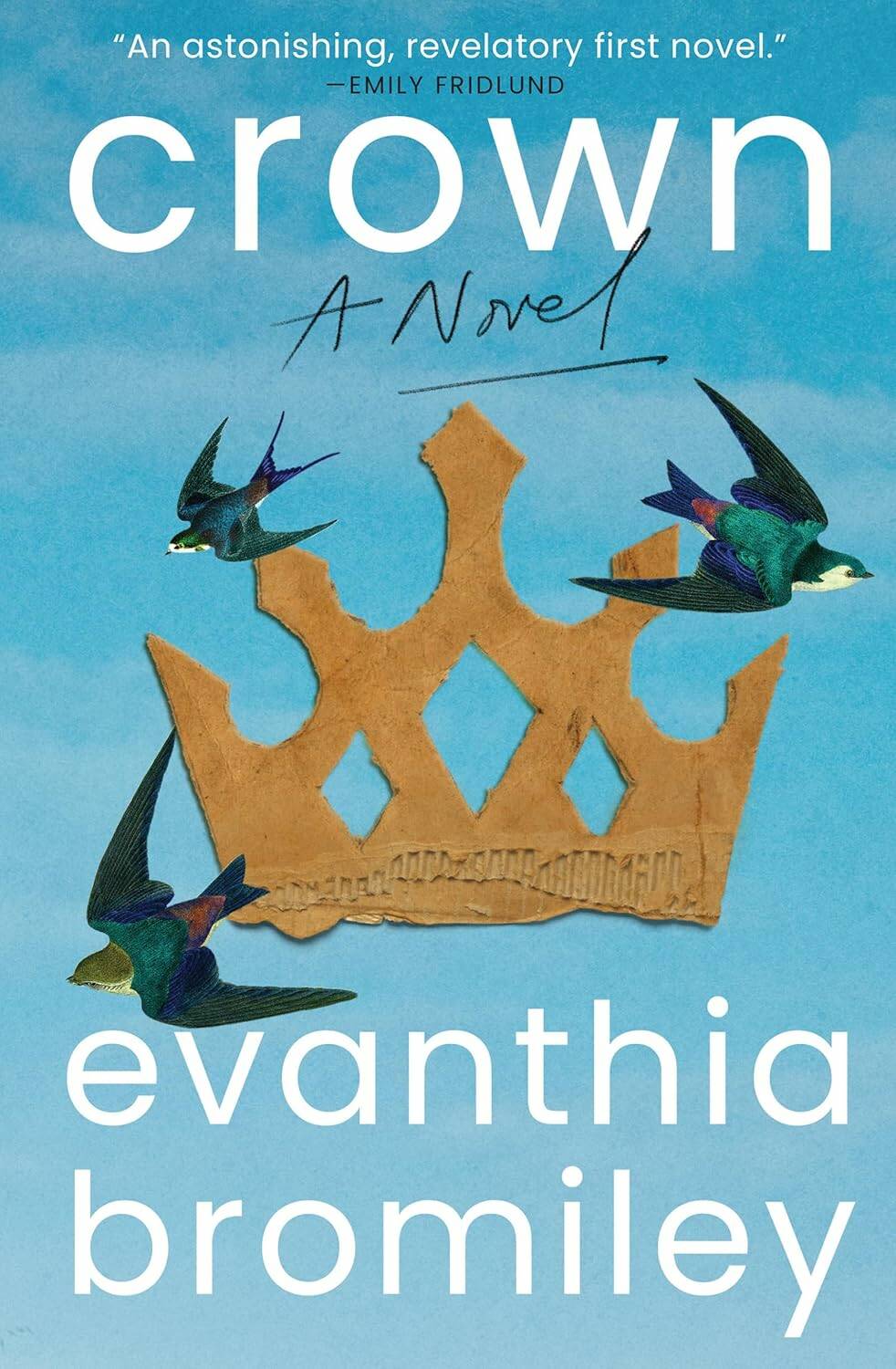Life on the margins
Family’s plight highlights hope in the face of society’s failures
Advertisement
Read this article for free:
or
Already have an account? Log in here »
To continue reading, please subscribe:
Monthly Digital Subscription
$0 for the first 4 weeks*
- Enjoy unlimited reading on winnipegfreepress.com
- Read the E-Edition, our digital replica newspaper
- Access News Break, our award-winning app
- Play interactive puzzles
*No charge for 4 weeks then price increases to the regular rate of $19.00 plus GST every four weeks. Offer available to new and qualified returning subscribers only. Cancel any time.
Monthly Digital Subscription
$4.75/week*
- Enjoy unlimited reading on winnipegfreepress.com
- Read the E-Edition, our digital replica newspaper
- Access News Break, our award-winning app
- Play interactive puzzles
*Billed as $19 plus GST every four weeks. Cancel any time.
To continue reading, please subscribe:
Add Free Press access to your Brandon Sun subscription for only an additional
$1 for the first 4 weeks*
*Your next subscription payment will increase by $1.00 and you will be charged $16.99 plus GST for four weeks. After four weeks, your payment will increase to $23.99 plus GST every four weeks.
Read unlimited articles for free today:
or
Already have an account? Log in here »
Evanthia Bromiley’s debut novel Crown can easily be read in one sitting, but the voices encapsulated in its narrative will linger in her readers’ imagination long after they close the book.
Without intending to, readers will find themselves envisioning what comes next for the three unique, sharply drawn characters, how or if they will be reunited and what and where they might do or go next.
They will also wonder how the Colorado-based Bromiley, who has mainly published short fiction and creative non-fiction to date, manages to say so much with so few words.

Niki Bryant photography
In addition to being a moving portrait of a hardscrabble single family, Evanthia Bromiley’s novel is a succinct condemnation of how society treats, and often fails, such families.
When the novel opens, Jude Woods and her nine-year-old twin children, Evan and Virginia, are about to be evicted from their trailer park home somewhere in the American southwest. The small, close-knit family has always lived on the margins of society, but now, with Jude in the late stages of her second pregnancy, even that marginalization is at risk.
On the night before their eviction, desperate to keep her family intact, Jude makes an impulsive decision. That decision, it turns out, might have the exact opposite effect of what she intended to do.
Bromiley makes clear from the start that Jude is a loving and nurturing mother almost all of the time, and her courageous, compassionate, street-wise and nature-loving twins are deeply devoted to her and one another. By having the three of them take turns narrating alternating chapters of their shared story — chapters that are sometimes only a sentence or two in length — Bromiley gives each of them the opportunity to articulate that love and devotion, as well as their most personal worries, fears and reflections.
Yet Crown is not just a beautifully written, moving and intimate portrait of a single family. It’s also a succinct condemnation of how society treats, or mistreats, or fails families like Jude’s, and an acknowledgement of how many families there are like Jude’s, struggling today in real life to meet the most basic of their needs.
When Jude drags the children along to a social services office to request assistance, she observes the social worker looking at “the long, long line of women and children, children holding onto their mothers’ thighs, women shifting their weight and shouldering the weight of children and those children laying their cheeks on the tired shoulders of their mothers; there are more piling up in the line on the ramp, a current of women that washes up every day to this window, asking for deliverance…
“I know that we are not special,” Jude concludes while watching the social worker, “and she cannot save me.”
Even as Jude comes to this realization, other surprising and unlikely forces come forward to help her family. Those forces take shape as a teenage boy, a neighbour who never sleeps, an army veteran who never talks as well as other trailer park residents who, in spite of (or perhaps because of) their own adversities, quietly and determinedly create a hybrid support system and community for Jude and her kids.

Crown
Readers don’t learn a lot about these characters, but they learn enough to understand, just as Evan and Virginia eventually do, that in spite of appearances and idiosyncrasies, everyone has a story, a purpose and a heart, and everyone deserves to be treated with dignity, grace and respect.
While Bromiley doesn’t pretend that love can conquer all, in Crown she demonstrates, lyrically and deftly, that love can create hope, make dreams seem attainable and make children feel at home, even when there is no roof over their heads.
As Virginia tells her brother when they are alone out in the woods, “Look — everything here finds a way to grow through what is broken.”
Sharon Chisvin is a Winnipeg writer, editor and oral historian.


